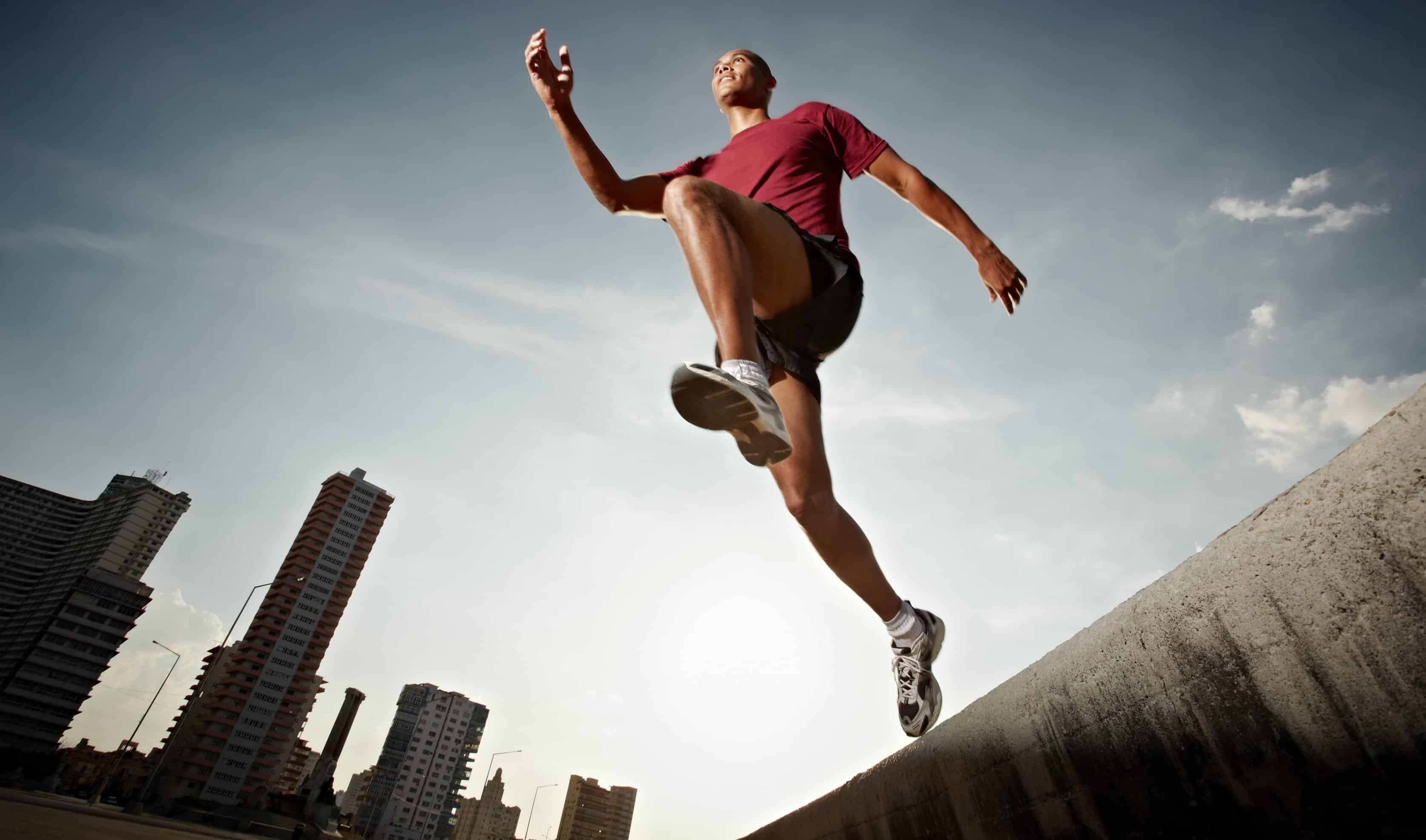No guts, No glory!
Imagine a concoction of your favorite athlete’s gut bugs bottled, in reaching distance, to help you the next time you need a little energy boost?
Okay I’ll tell you quick before you are overcome by gag reflex.
Researchers have examined species commonly found in the guts of exceptional athletes and say that even amateurs could gain an edge by consuming them in probiotic supplements.
The scientists developed the idea of surveying the gut microbiota of elite athletes to determine if they have a natural edge from the bacteria that inhabit their digestive tracts. Amazingly, while studying the microbiome from exceptional runners and rowers, the research team identified bacteria that may aid athletic performance.
The team of microbiotic researchers affiliated with Harvard University Medical School, now plan to launch a company this fall that aims to find and purify the best bugs from the feces of elite athletes and then market them as probiotic supplements in pill, liquid or powder form.
The company in the works, fitBiomics, taps a swiftly expanding field of science analyzing the human microbiome. Every person hosts at least tens of trillions of microorganisms, according to a 2016 assessment published in the journal Cell. That
amounts to about 5 pounds (2.3 kilograms) of bacteria and other microorganisms.“When we first started thinking about this, I was asked whether we could use genomics to predict the next Michael Jordan,” noted senior study investigator Jonathan Scheiman, Ph.D., a research fellow the Wyss Institute. “But my response was that a better question is: Can you extract Jordan’s biology and give it to others to help make the next Michael Jordan?”
Naturally, the microbiome, specifically within the intestinal tract, seemed the most appropriate place for the investigators to begin the quest.
The human gut microbiota (also referred to as microbiome) is a diverse ecological community of microorganisms that reside within the GI tract. The terms microbiota and microbiome are often used interchangeably. Technically, the genes inside microbial cells are classified as microbiome. The human gut typically harbors over 100 trillion microorganisms. This is approximately ten times the number of cells in the entire human body. Microbes begin residing within human intestines shortly after birth and can be influenced by diet, lifestyle, and environment.
“We are more bacteria than we are human,” explained Dr. Scheiman. “The bugs in our gut affect our energy metabolism, making it easier to breakdown carbohydrates, protein, and fiber. They are also involved in inflammation and neurological function. So perhaps the microbiome could be relevant for applications in endurance, recovery and maybe even mental toughness.”
Next, they unglamorously collected fecal samples on a daily basis from 20 athletes training for the 2015 Boston marathon, one week before and one week after the race. They then sequenced the genomes of the sampled bacteria, using computational metagenomic methods to figure out how many and what types of microbes inhabited the fecal samples. When they compared the pre-race and post-race samples, the researchers found a sudden spike in the population of one particular type of bacteria after the marathon.
“This bug’s natural function is to break down lactic acid,” Scheiman says. During intense exercise, the body produces more lactic acid than usual, which can lead to muscle fatigue and soreness. These bacteria could potentially help with that.
In another set of experiments, the researchers are comparing the bacteria from ultramarathoners to those found in rowers training for the Olympics. They found a type of bacteria in ultramarathoners that can help break down carbohydrates and fiber — which is key during a 100-mile run — that wasn’t present in the rowers, suggesting that different sports may foster niche microbiomes.
Scheiman says that the team plans to launch a company this fall called Fitbiomics. “I would like to think that a year after we launch, we could have a novel probiotic on the market,” he says. “But in parallel we’ll also be expanding our cohort of elite athletes from numerous sports to generate a larger microbial data and strain bank of novel probiotic candidates. In essence, we’re mining the biology of the most fit and healthy people in the world and then extracting that information to help them and others.”
But before you can pop a pill to make it through your next run, there’s a lot of research to be done. And even if these bacteria can be put into a probiotic supplement, the team has yet to prove that the pill works: despite one recent success story, the field of probiotics has been riddled with inconclusive results about their efficacy.






























